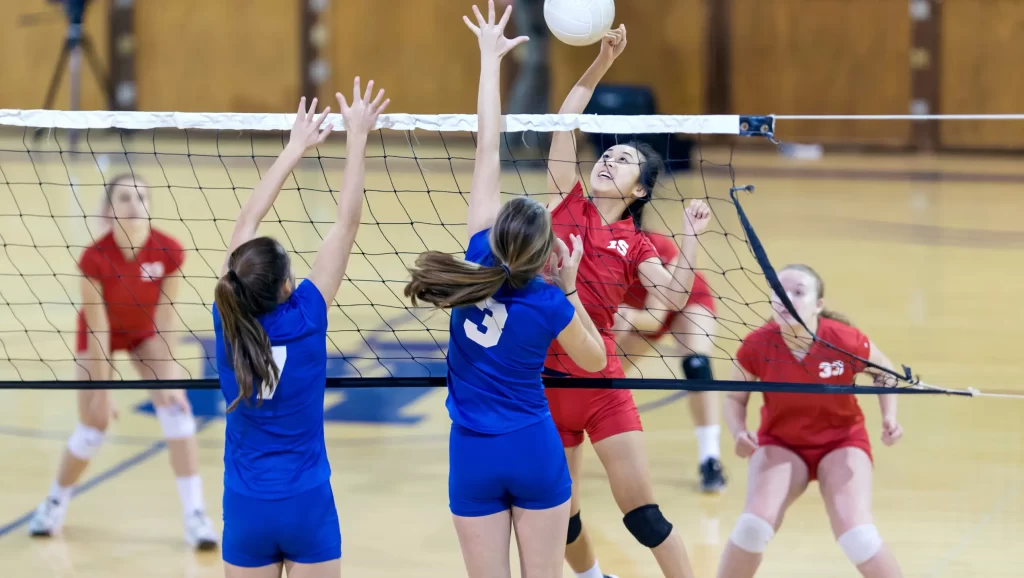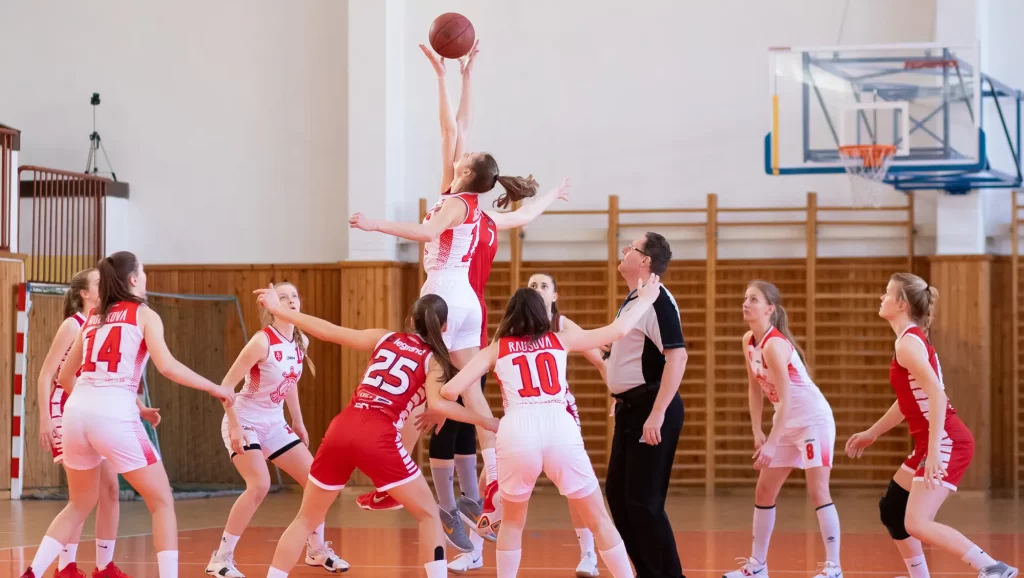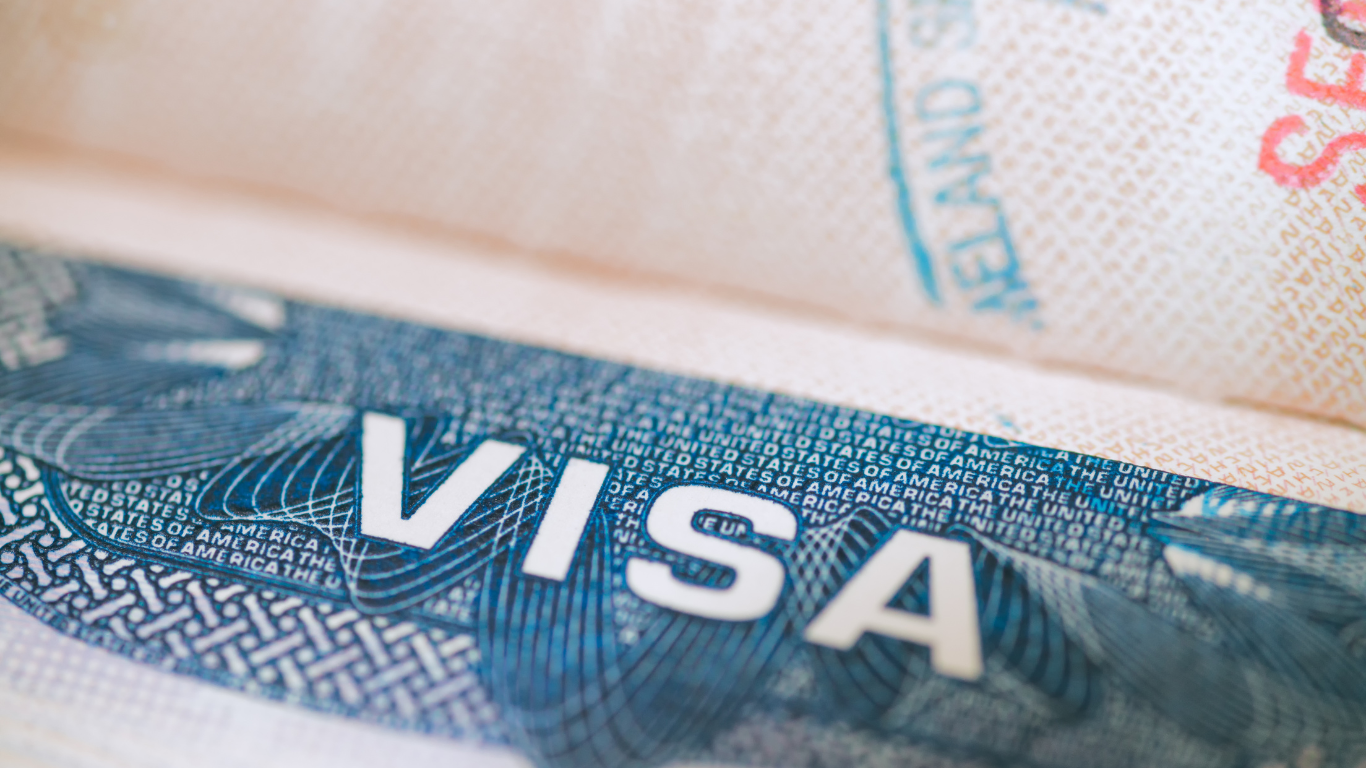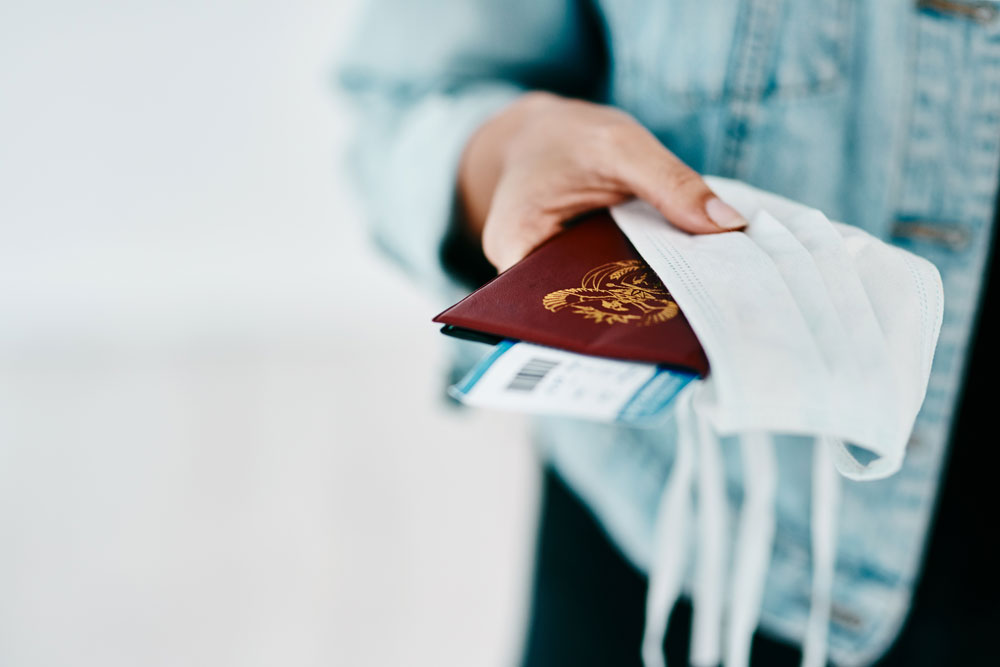
F1 학생 건강 보험
Reliable health insurance designed for international students attending a high school, college, or university in the U.S.
F1 학생 건강 보험 플랜
슬라이더를 사용하여 나이 선택

F1 Plan

F1 강화 플랜
Rates are shown in United States (U.S.) dollars. Rates shown on this website are illustrative only; actual premiums, rates and terms of coverage will only be determined after you apply for insurance and that application is accepted. For costs and further details of the coverage, contact Lewerglobal. Rates shown are based on 30 days of coverage.Benefits are subject to exclusions and limitations, and are payable only at Usual, Reasonable, and Customary charges.Please note that these plans do not meet the requirements of the Affordable Care Act (ACA). LG-0723-OPT-02.
Nothing on this website supersedes in any way the Certificate of Insurance and governing documents (together the “Insurance Contract”).
The Insurance Contract is the only source of actual benefits provided.
더 많은 정보가 필요하십니까?
The Challenges of Student Health Insurance for F1 Visa Students
F1 Visa Student Health Insurance Options
Acquiring Health Insurance for F1 Visa Students
Not all insurance provides the same benefits or covers the same types of individuals. While students on an F1 Visa are eligible for insurance through www.healthcare.gov, the challenge is finding a plan that takes into account your F1 Visa status. For example, if your F1 Visa expires soon, you may not qualify for certain insurance plans. Other insurance plans have residency requirements that you may not meet. Beyond healthcare.gov there are other affordable student health insurance options to consider. Contact Lewerglobal today to learn more!
There are three different ways F1 Visa students access student health insurance.
1) Your college may mandate that you join a group plan.
2) Your college may offer voluntary plan(s) for you to choose from.
3) Your college may not offer any group or individual options and you can shop for international student health insurance on your own. Your choice will depend on your school, budget, health needs and location.
Mandatory Group Plan
Some schools require international students join a specific group student health insurance plan. If your school mandates coverage, you will likely be enrolled in the plan without having an option to shop around. Generally, the fees for student health insurance are included in your tuition and sometimes they can be more expensive than other options.
The benefit to enrolling in a mandatory group plan is that they generally provide comprehensive coverage for all of your medical needs.
Dental and vision insurance are usually offered separately. Click here to find dental and vision insurance.
Mandatory Group: You Can Waive
Most schools that mandate coverage allow international students to "waive out" of the mandatory group plan if they obtain comparable (or better) coverage on their own. By shopping around, you may or may not find that you can obtain comparable coverage for a lower premium. Alternatively, your school's mandatory plan may not cover your medical needs, and if it allows waivers, you may shop for individual international student health insurance that meets your needs.
Voluntary Plan
Your school may not offer a group plan. Instead, some schools refer students to online individual international student health insurance options and ask students to provide proof of coverage. Other schools may not refer students to online purchase options and leave it completely to the student to find and choose an individual voluntary student health insurance plan or go uninsured (not recommended!). Voluntary plans include private health insurance options available through Lewerglobal.com. Before you purchase a plan, it's essential to consider your specific health needs and to match those to the correct plan design and premium costs. We can help you with that on our chat or at 800-821-7711.
Check for a Mandatory Group Insurance Plan
When applying to universities in the United States, you'll want to look into their international student health insurance requirements. The easiest way to know if your school has a mandatory student health insurance plan is to ask your international office advisor. You should also be able to easily find this information on the school's website. You want to know if the plan is mandatory and, if it is, and you intend to find private health insurance, you should ask if waivers are allowed. You wouldn't want purchase a private health insurance plan and then find out you are unable to waive out of (and must pay for) the school's mandatory plan. In most cases, individual student health insurance plans will charge fees and not refund you all of your money if you try to cancel after you complete the purchase.
Decide What's Important to You
If you are shopping for your own individual international student health insurance plan, think about your health and financial situation. For example, are you an athlete? Do you plan to get a wellness or preventative screening? Do you take long-term prescription drugs? Financially, you need to balance the monthly premium cost versus the costs you will incur if you actually file a claim on your plan (your out-of-pocket cost). Generally, the lower your monthly premium, the higher your out-of-pocket costs will be when you use the insurance plan.
Research F1 Visa Student Insurance Options
Now it is time to shop around! Lewerglobal can help! Call us at 800-821-7711 or chat us on our website and let us help you navigate the international student health insurance marketplace.
Buy F1 Visa Student Health Insurance
Good work! You've spent the time learning what your school offers, thinking about your personal health and financial situation, and researching options available to you as a F1 Visa holder. It's time to buy your international student health insurance plan! But before you make that purchase, consider a few more things: Do you want to pay for the entire semester or year of coverage up front (a discount may apply), or is it better for you to pay monthly? You should also check refund and cancellation policies before purchasing any international student health insurance plan.
Health insurance for college students must cover everything a student will encounter. In addition to your standard hospital and medical care, some policies include sports coverage, COVID-19 repatriation, and medical evacuation coverage. Expect to pay more for plans that include more coverage.
Lewer Global offers F1 student health insurance plans in three different packages, from our Standard Plan to our F1 Enhanced Plan. Our most affordable policy starts at $89. Read the plan description above and contact us if you have any questions.











